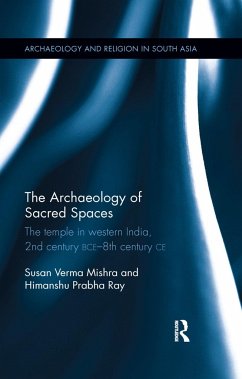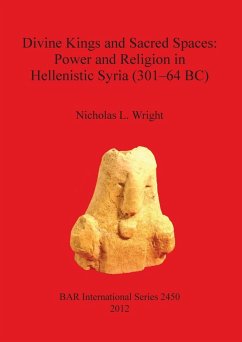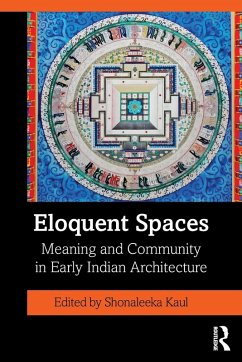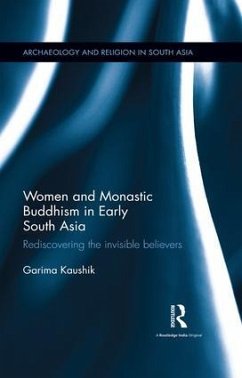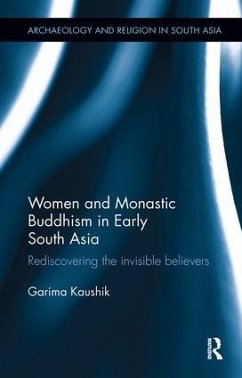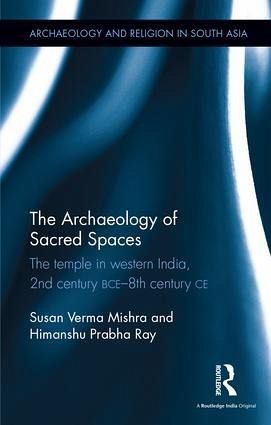
The Archaeology of Sacred Spaces
The temple in western India, 2nd century BCE - 8th century CE
Versandkostenfrei!
Versandfertig in 1-2 Wochen
176,99 €
inkl. MwSt.
Weitere Ausgaben:

PAYBACK Punkte
88 °P sammeln!
This volume focuses on the religious shrine in western India as an institution of cultural integration in the period spanning 200 BCE to 800 CE. It presents an analysis of religious architecture at multiple levels, both temporal and spatial, and distinguishes it as a ritual instrument that integrates individuals and communities into a cultural fabric. The work shows how these structures emphasise on communication with a host of audiences such as the lay worshipper, the ritual specialist, the royalty and the elite as well as the artisan and the sculptor. It also examines religious imagery, insc...
This volume focuses on the religious shrine in western India as an institution of cultural integration in the period spanning 200 BCE to 800 CE. It presents an analysis of religious architecture at multiple levels, both temporal and spatial, and distinguishes it as a ritual instrument that integrates individuals and communities into a cultural fabric. The work shows how these structures emphasise on communication with a host of audiences such as the lay worshipper, the ritual specialist, the royalty and the elite as well as the artisan and the sculptor. It also examines religious imagery, inscriptions, traditional lore and Sanskrit literature. The book will be of special interest to researchers and scholars of ancient Indian history, Hinduism, religious studies, architecture and South Asian studies.





